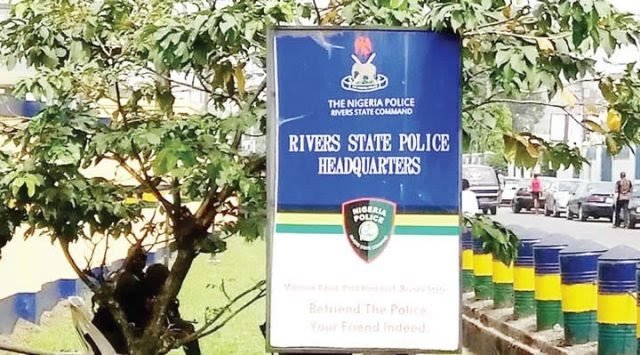The Court of Appeal in Abuja has affirmed the authority of the Economic and Financial Crimes Commission (EFCC) to investigate and prosecute tax evasion cases.
Delivering judgment on Thursday, Justice Balkisu Bello Aliyu, alongside Justices Adebukunola Banjoko and Okon Efreki Abang, ruled that the EFCC possesses statutory powers under Section 46 of its Establishment Act to probe tax-related offences, especially when linked to money laundering.
The appellate court overturned an earlier decision by Justice Taiwo O. Taiwo of the Federal High Court, Abuja, which held that the EFCC lacked the legal mandate to investigate tax evasion, describing it as the exclusive domain of the Federal Inland Revenue Service (FIRS). Justice Taiwo had ruled in favour of Insurance Resourcery and Consultancy Services Limited, which challenged the EFCC’s invitation and investigation of its officials over alleged tax evasion.
Dissatisfied, the anti-graft agency filed an appeal on five grounds, one of which questioned the trial court’s interpretation of its powers concerning predicate offences to money laundering.
In a unanimous judgment, Justice Aliyu held that the trial court erred in its interpretation, noting that the FIRS Act allows and encourages collaboration with other government agencies, including the EFCC, in tax-related investigations.
“Since the FIRS Act specifically provides and supports collaboration between the FIRS and the EFCC in the investigation and enforcement of tax evasion, the finding of the trial court is not supported by law and therefore wrong,” she ruled.
The Court of Appeal subsequently set aside the entire judgment delivered by the lower court on July 28, 2022, declaring the EFCC’s appeal as meritorious.















